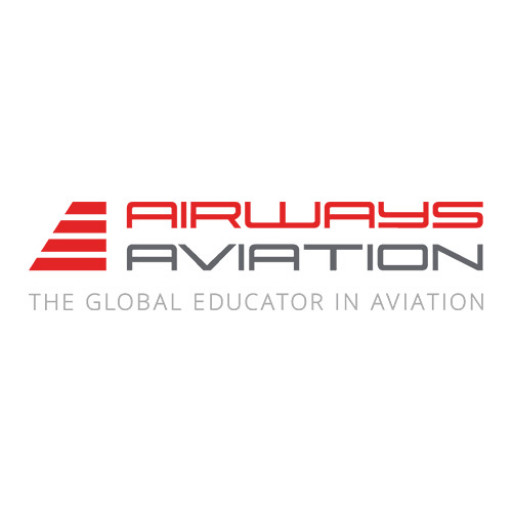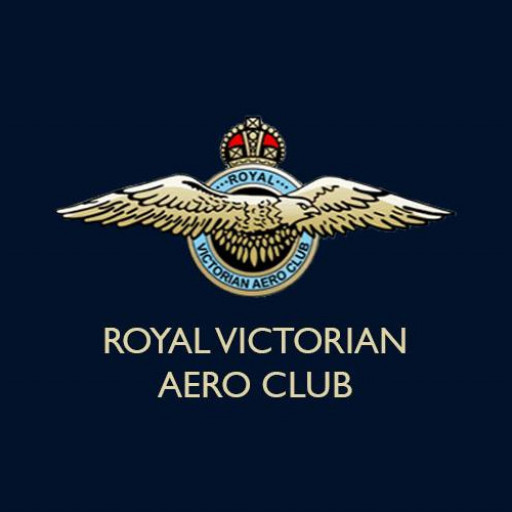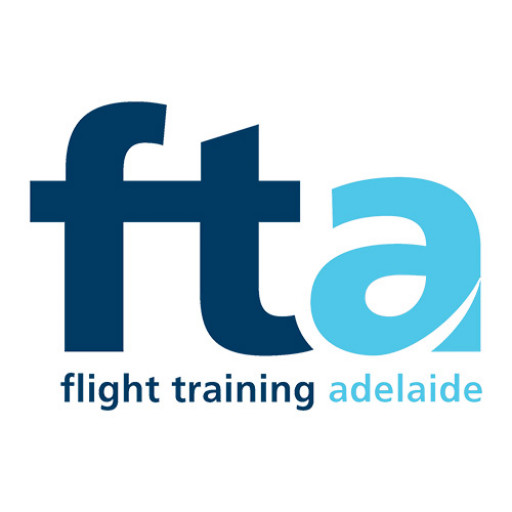This qualification reflects the functions of flight team employees operating in service of domestic or Defence aviation operations.Flight team duties include using technical and interrogate aviation abilities and knowledge to a broad range of air transport operations, including passenger, charter and cargo operations while managing aeroplanes or helicopters under the instrument flight rules (IFR).Individuals working at this degree will employ knowledge and skills to demonstrate freedom, judgement and defined responsibility in known or changing contexts within broad but recognized parameters.This qualification forms several of their requirements for a tool rating certification by the Civil Aviation Safety Authority (CASA) as directed by Civil Aviation Safety Regulation (CASR) Part 6-1 Flight crew accreditation. People seeking certification must assess these demands together with CASA.Occupations include:Professional Aeroplane PilotCommercial Helicopter PilotMilitary Aeroplane PilotMilitary Helicopter Pilot
The Aviation (Instrument Rating) program at Airways Aviation provides students with comprehensive training to become proficient in flying aircraft under instrument flight rules (IFR). This program is designed to equip aspiring pilots with the critical skills needed to operate aircraft safely and confidently in a variety of weather conditions, including reduced visibility and adverse weather scenarios. The curriculum combines theoretical knowledge with practical flight training, ensuring that students gain a solid understanding of aviation regulations, navigation procedures, meteorology, and flight planning specific to instrument flying.
Throughout the course, students will learn about the principles of flight instrumentation, air traffic control procedures, and the use of complex navigation systems such as VOR, ILS, GPS, and other advanced avionics. The program emphasizes the importance of precise aircraft control, situational awareness, and decision-making skills required for instrument flying. Students engage in simulated and real-world flight exercises, progressively building their confidence and competency in handling aircraft solely by reference to instruments.
The training also covers emergency procedures, communication protocols, and problem-solving techniques essential for safely managing challenging flight environments. As part of the program, students will conduct multiple cross-country flights and night operations to develop their ability to adapt to diverse operational conditions. The academic component includes classroom instruction, simulator sessions, and assessments to ensure mastery of theoretical concepts and practical skills.
Graduates of the Aviation (Instrument Rating) program are prepared to pursue further qualifications or employment opportunities within the aviation industry, such as commercial pilot licenses or airline roles. The program's comprehensive approach ensures that students not only meet international standards but also gain confidence and professionalism necessary for a successful career in aviation. With a focus on safety, precision, and technical expertise, this program represents a vital stepping stone for those aiming to excel in the demanding field of aviation navigation and IFR operations.
Commercial or military pilot entrants to the eligibility should assess requirements with CASA or even Defence Aviation for certification and/or flight hour requirements.
Financing studies for the Aviation (Instrument Rating) program at Airways Aviation typically encompass a variety of options designed to support students in managing the costs associated with their education. The program's total tuition fee covers essential coursework, practical flight training, access to modern training facilities, and comprehensive instructional materials necessary for obtaining an instrument rating. Students are encouraged to explore multiple financing avenues to facilitate their studies, including personal savings, family support, educational loans, and scholarships where available.
Airways Aviation often collaborates with financial institutions to provide student loan options tailored to aviation students, offering flexible repayment plans and competitive interest rates. Prospective students should consider applying early to secure these financial aids, which may require submission of academic records, financial statements, and proof of commitment to aviation careers. Additionally, Airways Aviation occasionally offers scholarships and bursaries based on merit, geographic origin, or financial need, which can substantially reduce the overall financial burden.
International students might find specific financing packages or sponsorship opportunities through their governments or aviation industry partners, which aim to promote skilled professionals in the aviation sector. It's advisable for students to directly contact the Airways Aviation admissions or financial aid departments for detailed information regarding available financing options, eligibility criteria, application deadlines, and necessary documentation.
Beyond formal funding, students should also budget for ancillary expenses such as accommodation, travel, health insurance, and living costs during their training period. Some students choose to work part-time or engage in aviation-related internships, where permissible, to supplement their income and gain practical experience.
In summary, financing a study program like the Aviation (Instrument Rating) at Airways Aviation requires careful planning and exploration of diverse financial support options. Prospective students are encouraged to research early, utilize all available scholarships and loan programs, and consider personal financial strategies to ensure a smooth educational journey toward achieving their pilot qualification.
The Airways Aviation Instrument Rating program is designed to provide aspiring pilots with the essential skills and knowledge required to operate aircraft under instrument flight rules (IFR). This comprehensive training course prepares students for the rigorous demands of flying in various weather conditions where visual navigation is insufficient. The program emphasizes both theoretical understanding and practical flying experience, ensuring students acquire proficiency in navigation, communication, and aircraft control during instrument flight operations.
Students enrolled in this program will undertake ground school modules that cover topics such as air traffic control procedures, meteorology, navigation systems, aircraft instruments, and emergency handling. Practical flight training is conducted in modern, fully equipped aircraft that simulate real-flight scenarios. Throughout the course, students learn to interpret complex instrument data, make quick decisions, and develop situational awareness essential for safe flying.
The course duration varies depending on prior experience and scheduling but typically spans several months, culminating in successful assessment and certification. Graduates of this program are well-prepared to pursue further advanced ratings or careers within the aviation industry as commercial pilots, airline pilots, or other specialized roles. The program also emphasizes safety, professionalism, and adherence to international aviation standards to ensure graduates meet industry expectations.
Airways Aviation's training facilities feature state-of-the-art simulators and aircraft, providing a realistic and supportive learning environment. The program aligns with regulatory requirements from aviation authorities, ensuring certification is recognized globally. As part of Airways Aviation's broader suite of aviation courses, students benefit from expert instructors, industry connections, and career support services designed to facilitate successful employment in the aviation sector.
Overall, the Airways Aviation Instrument Rating program offers a rigorous and comprehensive pathway for aspiring pilots to attain vital IFR capabilities, enabling them to operate safely and efficiently in diverse flight conditions worldwide. This training not only enhances pilot skills but also boosts confidence and situational awareness, critical components for a rewarding career in aviation.







